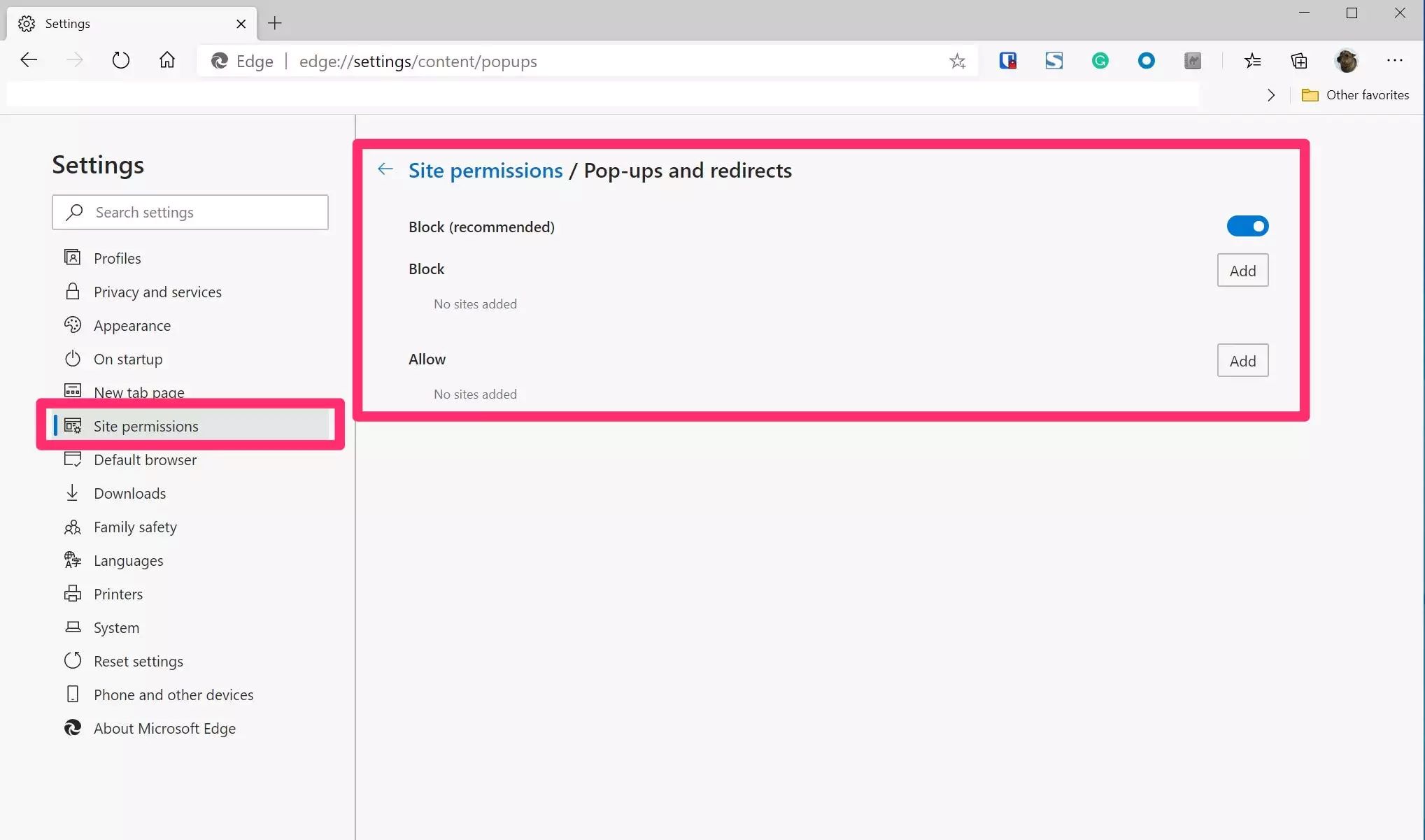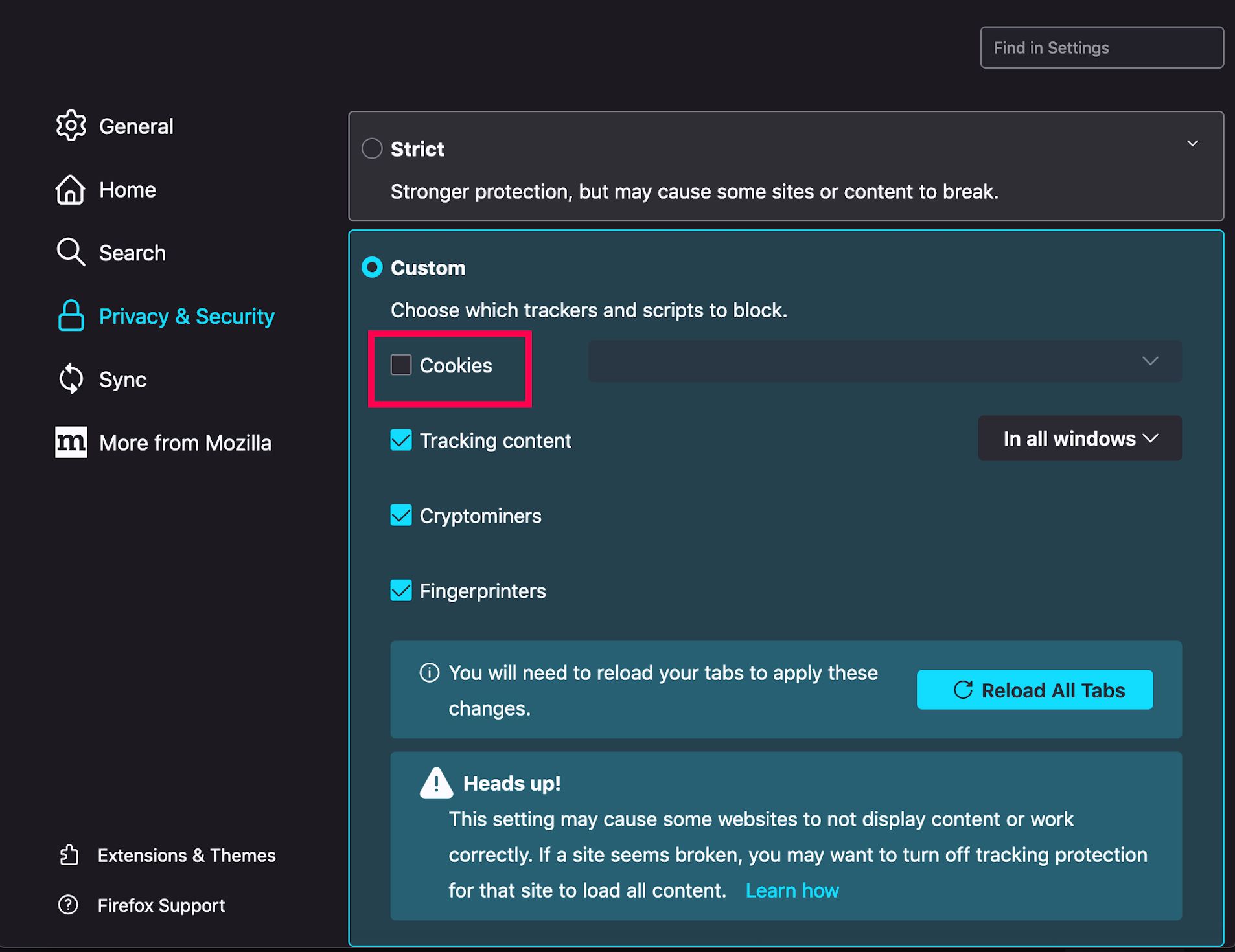Speed
When it comes to web browsing, speed is a crucial factor that can significantly impact the overall user experience. Both Chrome and Safari are renowned for their browsing capabilities, but Chrome has gained a reputation for its exceptional speed. The speed of a browser is determined by various factors, including page loading time, JavaScript performance, and overall responsiveness.
Chrome's speed is attributed to its efficient JavaScript engine, which enables rapid execution of web applications and dynamic content. This allows users to navigate websites seamlessly, without experiencing lags or delays. Additionally, Chrome's multi-process architecture enhances its speed by isolating tabs and extensions, preventing one slow-loading page from affecting the performance of other tabs.
Moreover, Chrome's V8 JavaScript engine is optimized for speed, enabling it to handle complex web applications with remarkable efficiency. This results in swift page loading times and smooth navigation, contributing to an uninterrupted browsing experience.
In contrast, Safari, while a robust browser in its own right, may not match Chrome's speed in certain scenarios. Chrome's ability to handle resource-intensive web applications and heavy workloads sets it apart in terms of speed, making it a preferred choice for users who prioritize swift and responsive browsing.
In essence, Chrome's speed is a key factor that distinguishes it from Safari and other browsers. Its advanced technologies and optimized performance contribute to a fast and fluid browsing experience, allowing users to access and interact with web content without encountering slowdowns or performance bottlenecks.
Customization
Customization plays a pivotal role in shaping the browsing experience, allowing users to tailor their browser to suit their preferences and needs. When comparing Chrome and Safari in terms of customization, Chrome emerges as the frontrunner, offering a plethora of options to personalize the browser interface, functionality, and overall user experience.
Chrome's extensive range of extensions and themes empowers users to personalize their browsing environment according to their unique requirements. The Chrome Web Store boasts a diverse collection of extensions, ranging from productivity tools and ad blockers to entertainment add-ons and developer utilities. This abundance of extensions enables users to enhance their browsing experience by integrating specific functionalities and features that align with their interests and workflow.
Furthermore, Chrome's intuitive interface allows for seamless customization of the browser's appearance and layout. Users can effortlessly rearrange tabs, create custom bookmark folders, and modify the browser's theme to reflect their individual style and preferences. This level of customization fosters a sense of ownership and personalization, enabling users to craft a browsing environment that resonates with their specific tastes and requirements.
In contrast, while Safari offers some degree of customization through its extensions and settings, its options are comparatively limited in scope. The Safari Extensions Gallery provides a selection of extensions, albeit smaller in scale compared to Chrome's extensive library. This disparity in available extensions may restrict users who seek a more tailored and personalized browsing experience.
Moreover, Chrome's synchronization feature allows users to seamlessly access their customized settings, bookmarks, and extensions across multiple devices, ensuring a consistent browsing experience regardless of the platform or device being used. This level of synchronization further enhances the customization aspect of Chrome, enabling users to maintain a cohesive browsing environment across various devices.
In essence, Chrome's robust customization options, including a vast array of extensions, themes, and synchronization capabilities, position it as a highly customizable browser that caters to diverse user preferences. This extensive customization potential empowers users to curate a personalized browsing experience that aligns with their unique needs and preferences, setting Chrome apart as a top choice for those who value customization in their web browsing journey.
Security
Security is a paramount concern in today's digital landscape, especially when it comes to web browsing. Both Chrome and Safari prioritize the protection of user data and the prevention of security threats, but they employ different approaches to achieve this fundamental goal.
Chrome, developed by tech giant Google, is renowned for its robust security features and proactive approach to safeguarding user privacy and data. One of Chrome's standout security elements is its built-in phishing and malware protection, which automatically detects and warns users about potentially harmful websites and downloads. This proactive defense mechanism helps users steer clear of malicious content, reducing the risk of falling victim to online scams and cyber threats.
Moreover, Chrome's frequent automatic updates play a pivotal role in maintaining a secure browsing environment. These updates not only introduce new features and enhancements but also address security vulnerabilities and patch potential loopholes that could be exploited by cyber attackers. By ensuring that users are consistently equipped with the latest security patches and defenses, Chrome mitigates the risk of exploitation and fortifies its resilience against emerging threats.
In addition to these proactive measures, Chrome's sandboxing technology provides an added layer of security by isolating web processes and tabs from the underlying operating system. This containment strategy minimizes the impact of potential security breaches, as any compromised tab or process remains confined within its designated sandbox, preventing it from affecting the entire browser or system.
On the other hand, Safari, Apple's native browser, is also committed to upholding robust security standards. Safari's Intelligent Tracking Prevention feature, for instance, combats cross-site tracking and safeguards user privacy by limiting the capabilities of third-party trackers. This proactive privacy measure enhances user confidentiality and reduces the risk of unauthorized tracking and data collection.
Furthermore, Safari's strict approach to extension security ensures that only reputable and verified extensions are available through the Safari Extensions Gallery. This stringent vetting process minimizes the likelihood of users inadvertently installing malicious or compromised extensions, bolstering the overall security posture of the browser.
Both Chrome and Safari incorporate secure browsing protocols, such as HTTPS encryption, to protect user communications and data transmission. By encrypting data exchanged between users and websites, these browsers mitigate the risk of eavesdropping and unauthorized interception, fostering a secure and private browsing experience.
In essence, both Chrome and Safari are committed to prioritizing user security through a combination of proactive measures, stringent vetting processes, and secure browsing protocols. While their approaches may differ in certain aspects, both browsers strive to uphold robust security standards, empowering users to browse the web with confidence and peace of mind.
Compatibility
Compatibility is a critical aspect of a web browser's functionality, as it directly impacts the user's ability to access and interact with a wide range of websites, web applications, and online content. When evaluating the compatibility of Chrome and Safari, it becomes evident that both browsers exhibit distinct characteristics and approaches in this regard.
Chrome, as a cross-platform browser developed by Google, is renowned for its exceptional compatibility with a diverse array of websites and web-based applications. Its robust support for modern web standards and technologies ensures that users can seamlessly access and utilize a wide spectrum of online content without encountering compatibility issues. Whether it's multimedia-rich websites, interactive web applications, or cutting-edge web technologies, Chrome's compatibility prowess enables users to engage with diverse online experiences with ease.
Moreover, Chrome's extensive support for web standards such as HTML5, CSS3, and JavaScript empowers users to leverage the full potential of modern web content. This broad compatibility scope enables users to engage with multimedia content, dynamic web applications, and responsive web designs without encountering compatibility-related obstacles, thereby fostering a seamless and immersive browsing experience.
In contrast, Safari, as Apple's native browser, is tailored to provide optimal compatibility with the Apple ecosystem, including macOS, iOS, and iPadOS devices. Safari's deep integration with Apple's hardware and software ecosystem ensures a cohesive and harmonious browsing experience for users within the Apple ecosystem, leveraging native functionalities and optimizations to deliver a seamless browsing experience.
Furthermore, Safari's adherence to web standards and its support for emerging technologies enable users to access and interact with a wide range of online content, particularly within the Apple ecosystem. Its compatibility with multimedia content, web applications, and responsive designs caters to the diverse needs of Apple device users, ensuring that they can engage with online experiences in a manner that aligns with Apple's ecosystem-specific capabilities and optimizations.
Both Chrome and Safari prioritize compatibility to ensure that users can access and interact with a broad spectrum of online content, regardless of the platform or device they are using. While Chrome's cross-platform compatibility and support for modern web standards cater to a broad user base, Safari's seamless integration with the Apple ecosystem delivers a tailored and optimized browsing experience for users within the Apple ecosystem. Ultimately, the compatibility strengths of both browsers empower users to engage with online content and experiences in a manner that aligns with their specific devices and preferences.
Developer Tools
Developer tools are an essential component of a web browser, providing developers with a comprehensive set of utilities and functionalities to analyze, debug, and optimize web applications and websites. When comparing Chrome and Safari in terms of developer tools, it becomes evident that both browsers offer robust toolsets tailored to meet the diverse needs of web developers and designers.
Chrome, renowned for its developer-friendly features, boasts a powerful and versatile set of developer tools that empower users to inspect, debug, and analyze web content with precision and efficiency. The Chrome DevTools suite encompasses a wide range of functionalities, including element inspection, performance profiling, network analysis, and JavaScript debugging. This comprehensive toolset equips developers with the means to delve into the intricacies of web applications, identify performance bottlenecks, and optimize code for enhanced user experiences.
One of Chrome's standout developer tools is the Performance panel, which enables in-depth performance analysis of web applications, allowing developers to identify areas for improvement and optimize resource utilization. Additionally, the Elements panel facilitates real-time inspection and modification of HTML and CSS, empowering developers to fine-tune the visual and structural aspects of web content with ease.
Furthermore, Chrome's support for progressive web app (PWA) development is exemplified through its Application panel, which provides insights into PWA functionality, service worker management, and offline capabilities. This dedicated toolset streamlines the development and testing of progressive web applications, aligning with Chrome's commitment to fostering a seamless and engaging web experience.
On the other hand, Safari's developer tools, integrated within the Safari browser, cater to the needs of developers within the Apple ecosystem. Safari's Web Inspector offers a comprehensive suite of tools for debugging, optimizing, and analyzing web content, encompassing features such as element inspection, JavaScript debugging, and resource tracking. This toolset empowers developers to gain deep insights into the structure and behavior of web applications, facilitating efficient troubleshooting and optimization.
Safari's Web Inspector excels in providing detailed insights into JavaScript execution, network activity, and resource loading, enabling developers to identify and address performance issues effectively. Additionally, Safari's support for responsive design mode and accessibility auditing enhances the toolset, allowing developers to ensure that web content is optimized for diverse devices and user experiences.
In essence, both Chrome and Safari offer robust developer tools that cater to the diverse needs of web developers and designers. Chrome's comprehensive DevTools suite provides a versatile and powerful environment for web application analysis and optimization, while Safari's integrated Web Inspector delivers a tailored toolset optimized for developers within the Apple ecosystem. These developer tools empower users to create, analyze, and optimize web content with precision and efficiency, contributing to the advancement of web development practices and the delivery of exceptional user experiences.

























